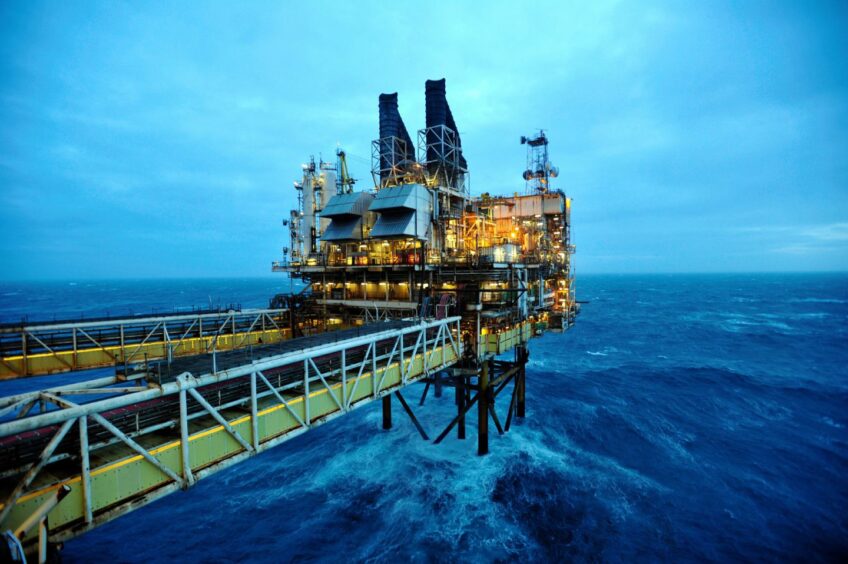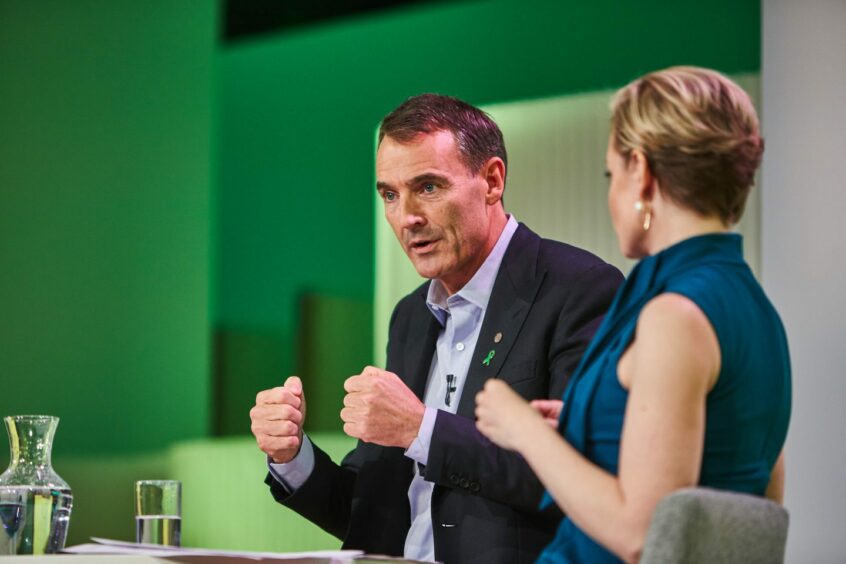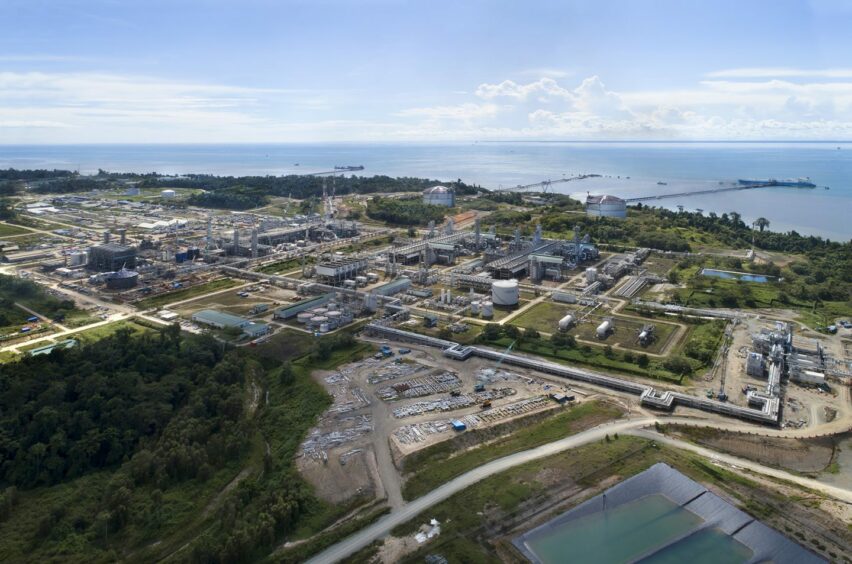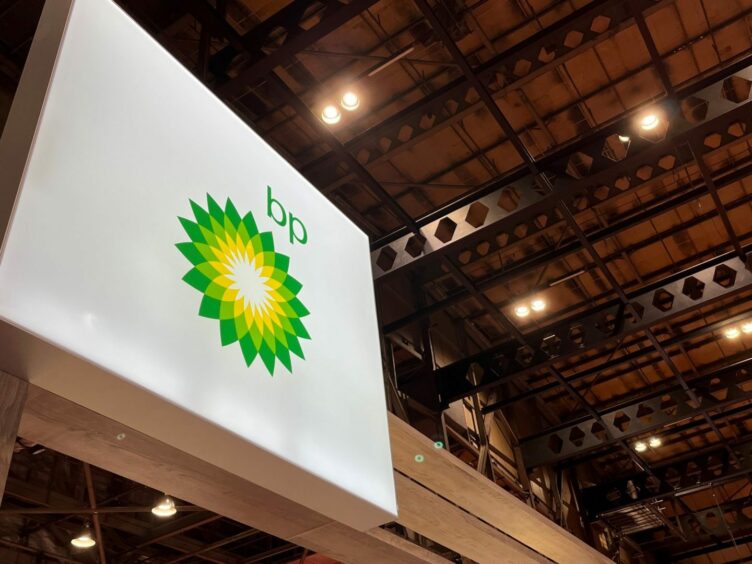
The chief executive of BP (LON: BP) has confirmed first oil from the Seagull project is expected “later” in 2023.
Bernard Looney gave the update on the North Sea scheme as part of an analysts call on Tuesday morning, held in the wake of the supermajor’s latest results.
It means that start-up at Seagull is slightly delayed – previously issued guidance from Neptune Energy had the field coming online in the first half of the year.
Moreover the development operator said in May that it was close to completion, with first oil slated for July.
Drilling at Seagull, a tieback to BP’s ETAP production hub, got underway last year.
Sat 10 miles to the south of the platform, the projects is estimated to hold proved plus probable net gross reserves of 50 million barrels of oil equivalent (boe).
Eni takeover subject Neptune operates Seagull with a 35% stake, while BP holds 50% and Japex has 15%.
Gas from the field will be exported via the CATS pipeline system to shore at the CATS Processing Terminal in Teesside.
Seagull oil meanwhile will be sent to shore through the through the GAEL and FPS pipeline systems, to the Kinneil Terminal onshore at Grangemouth.
Other BP projects in 2023
Another of BP’s projects due to come onstream in the second half of 2023 is the Tangguh LNG expansion initiative, where final works are ongoing.
When the third phase of the scheme does start-up, the total capacity at the Indonesia facility will be will be 11.4 million tonnes of gas per year.
Projects to have started up in the first half of 2022 include Mad Dog phase two in the Gulf of Mexico, and KG D6 in India.
Together they will add around 90,000 barrels a day of oil equivalent, net production, by 2025, Mr Looney said.
‘The most diverse energy strategy of any company in Britain’
The Irishman also restated BP’s long-term commitment to the UK, when asked about the attractiveness of the region as an investment destination.
Energy policy has dominated the headlines for much of the last year, with Westminter’s North Sea windfall tax and, more recently, funding for carbon capture and storage and fresh exploration licences.
Mr Looney told analysts that BP is “supportive of any policies which acknowledge that the world needs a rapid transition, and needs an orderly transition”.
“For us that means an ‘and not or’ strategy in the UK – investing in the North Sea and investing in transition, and that’s what we’re doing.
“We probably have the most diverse energy strategy of any company in Britain. We’re involved in oil and gas today; we’re on a five well drilling campaign West of Shetland; we’re bringing on Seagull later this year; and we’re continue to look at licences and investment decisions.”
He also highlighted BP’s offshore wind plays in the UK, with projects in the Irish Sea and Scotland, and reemphasised plans to invest £18 billion in the region this decade.
“We’re active right across the spectrum, and that should give you a sense of how we see Britain as a place to invest,” Mr Looney added.
Recommended for you


 © Supplied by BP
© Supplied by BP © Supplied by BP
© Supplied by BP © Supplied by Andrew Dykes
© Supplied by Andrew Dykes